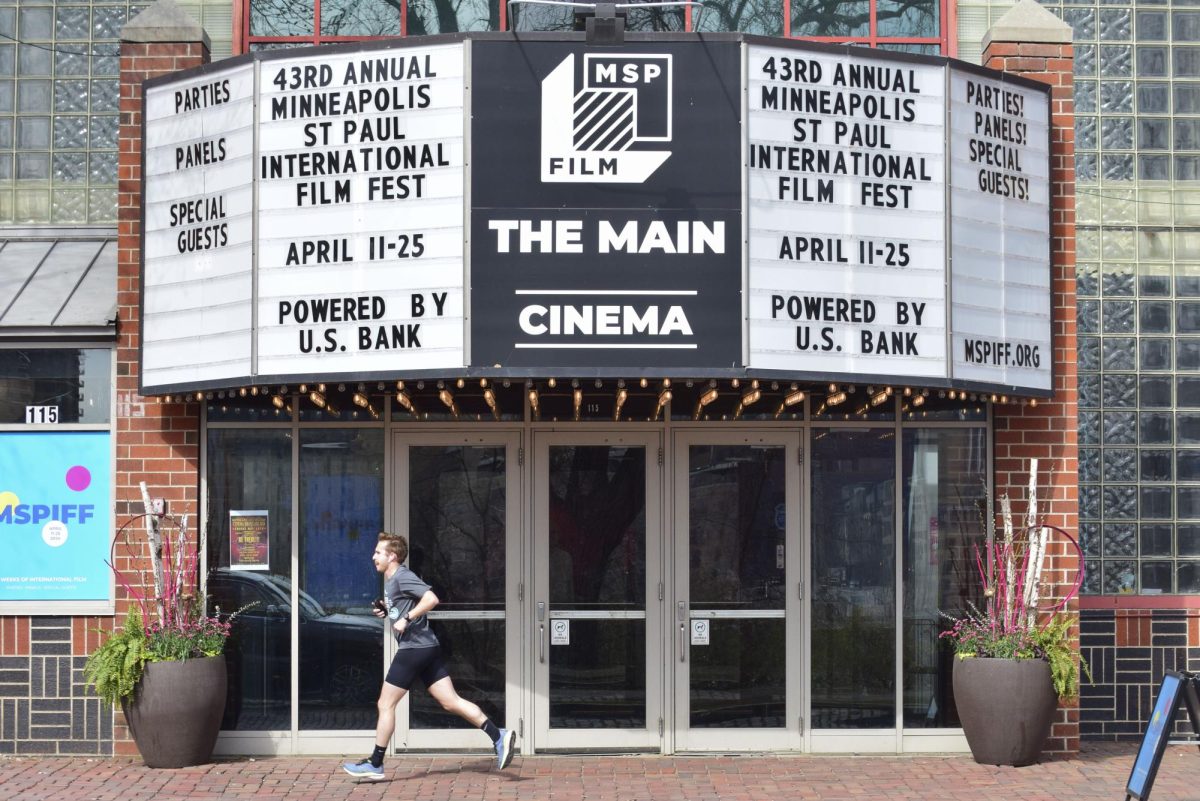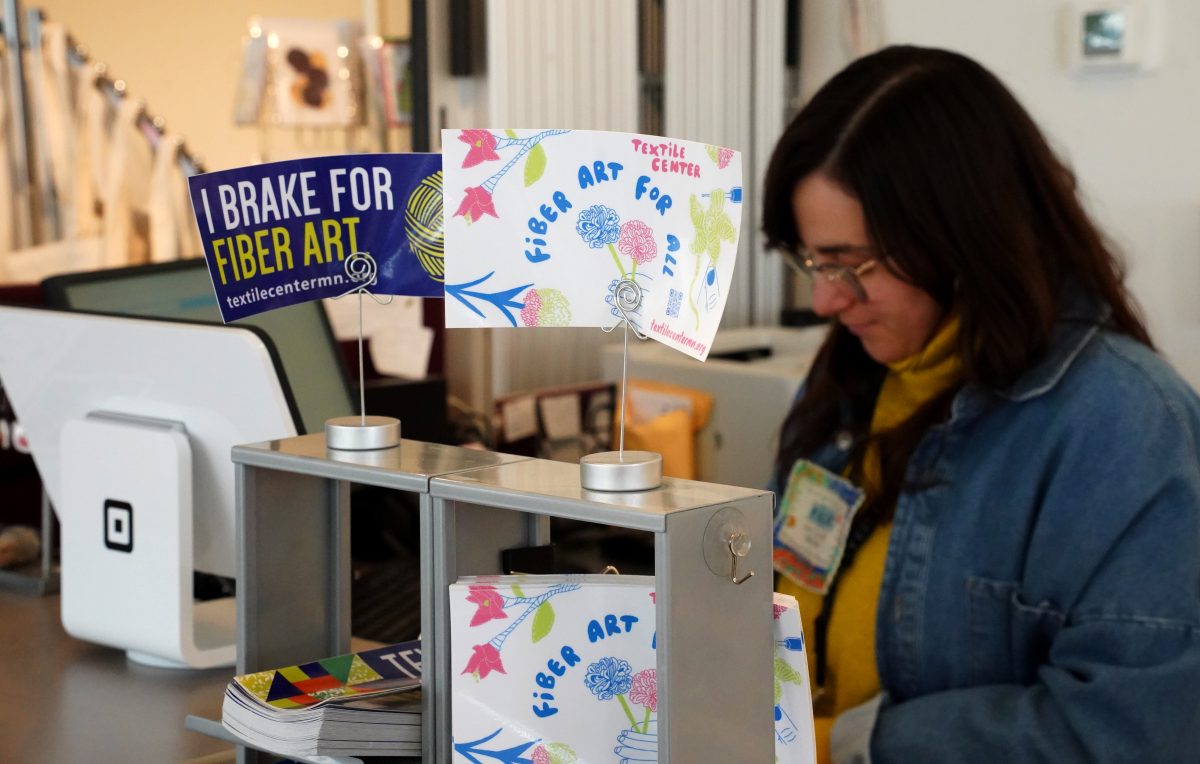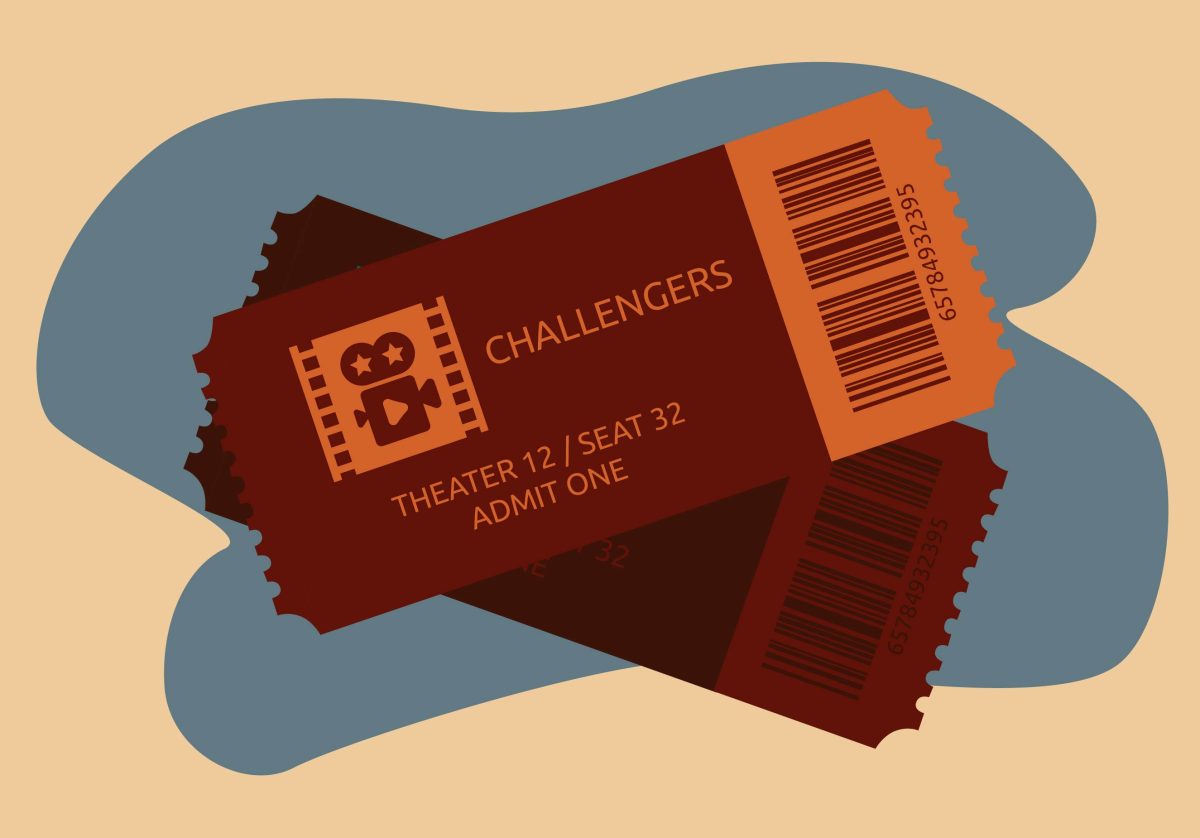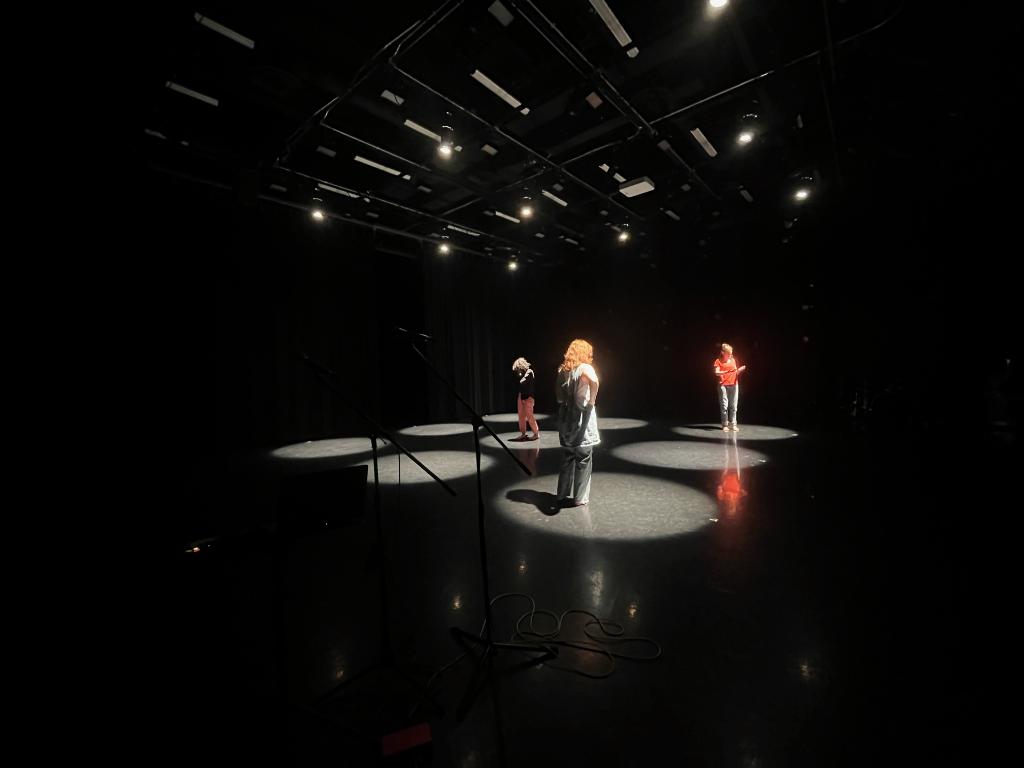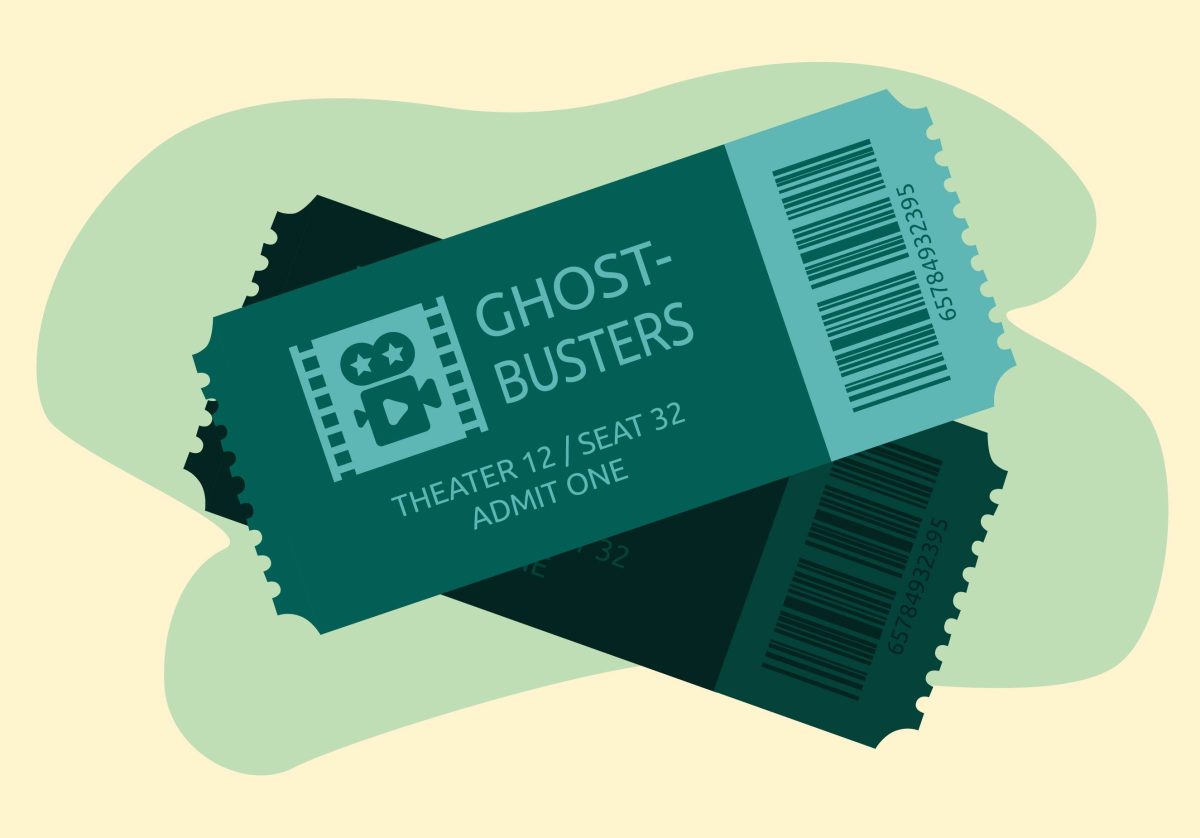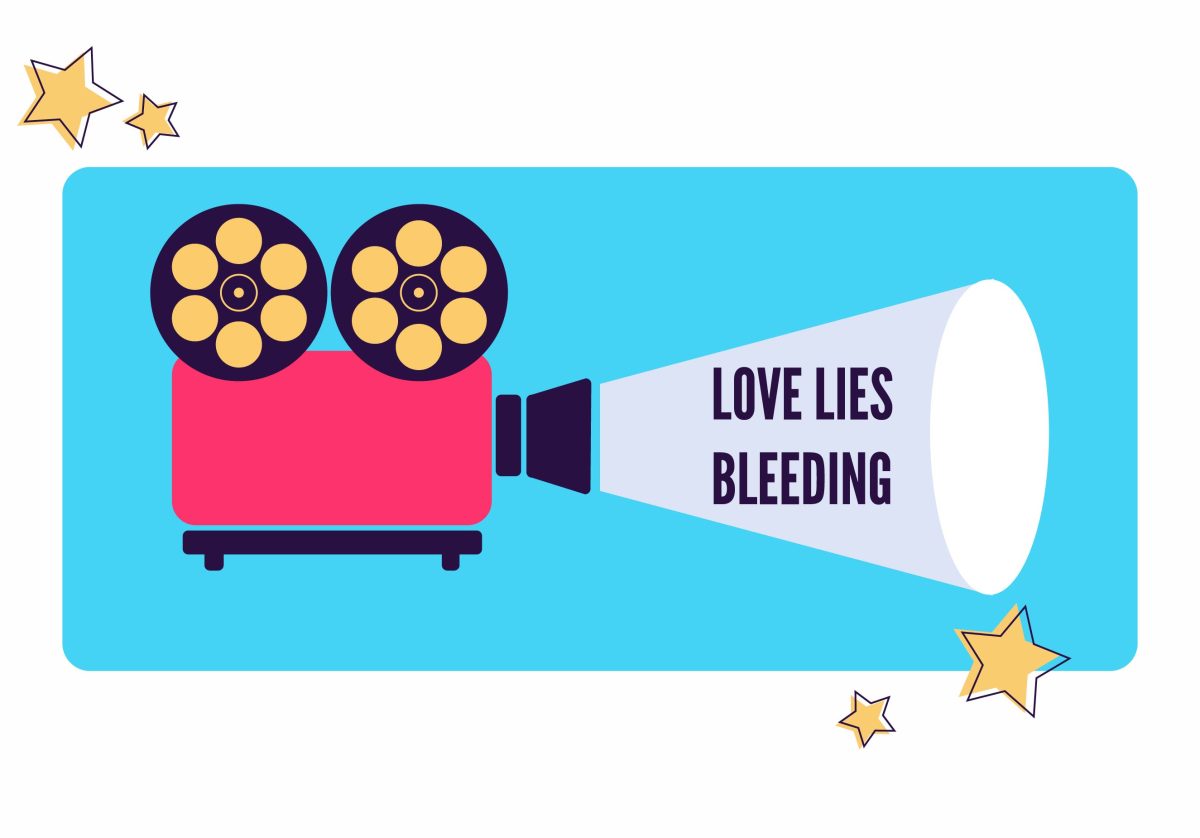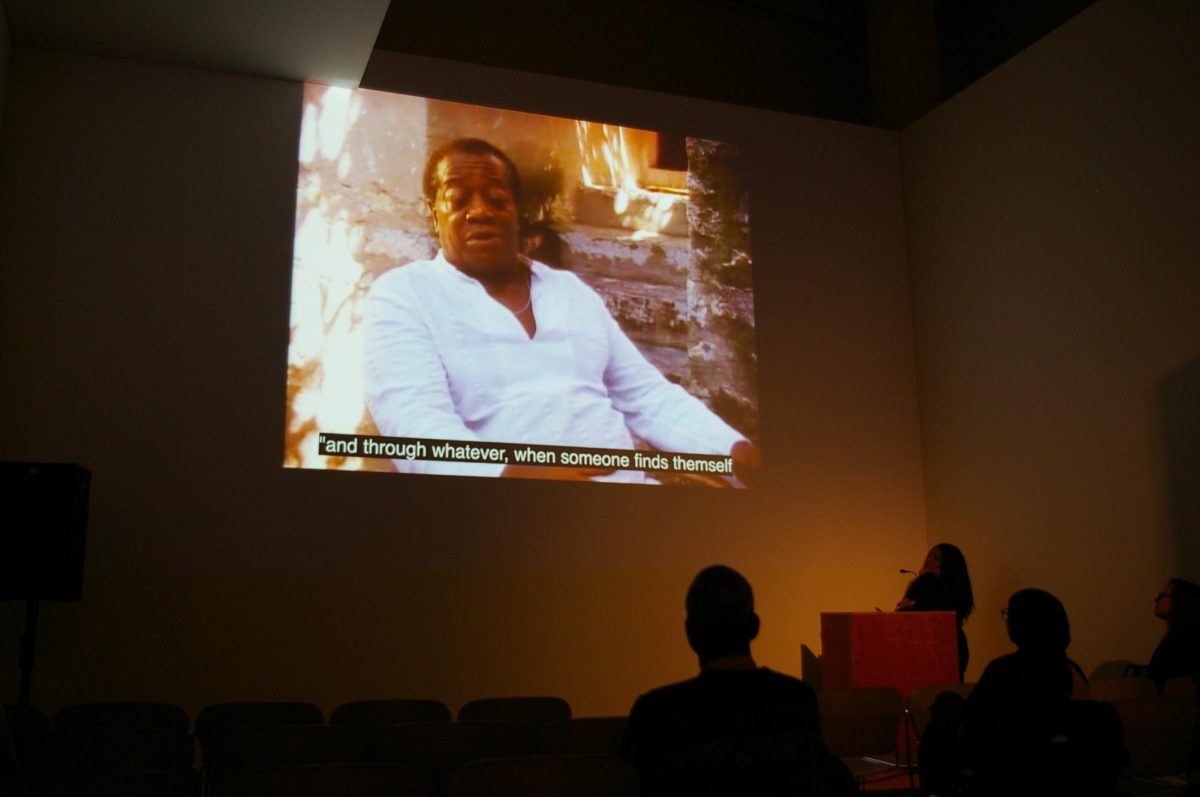“Sleepwalk with Me”
Where: Uptown Theatre
Directed by: Mike Birbiglia
Starring: Mike Birbiglia, Lauren Ambrose, James Rebhorn
Unrated
Ira Glass is famous for telling stories. As the host of “This American Life,” he has been doing it for 15 years. In 2009, he began work on the film, “Sleepwalk with Me.” Co-writing and producing with director/star and comedian Mike Birbiglia, it was Glass’s first experience in film.
The true story chronicles Birbiglia’s trouble with sleepwalking and a longtime girlfriend. Now Glass and Birbiglia are touring the country with the finished product. Last week, they stopped in Minneapolis to present the film at the newly reopened Uptown Theatre. A&E talked with Glass about his first time making a movie, and whether or not it will be his last.
I’ve been getting all the news about the movie through Mike’s Twitter.
So it’s not so much like you’re keeping up with the movie. It’s more like you’re being pounded by a crazy person that won’t shut up. It’s a constant Twitter feed. In real life he’s lovely, but on Twitter he is very much about selling the movie.
You don’t tweet at all. Why not?
I’m busy. I don’t need a creative outlet. I don’t need more friends. I’m totally covered with creative opportunity. Anything I have to say to anyone, I’m saying. I’ve had this conversation with a cartoonist I know. He was like, “Why do people do this?” I was like, “Not everyone has their own comic strip. This is what people do that don’t draw their own comic strip.”
How is the tour going?
I’d be enjoying it more if I didn’t have another job. What happens is, as soon as I’m done being interviewed I have to go interview people. Or I’ll get done with a screening and then go back into the projection room and work on writing a story. It’s been a kind of nerve-racking experience, but not an unpleasant one. I like everything I’m doing, but it’s just so time consuming.
Do you watch the movie again in every city?
I’ve watched it at a couple of screenings. I’m afraid if I watch it too much, it’ll turn into gum that I’ve chewed too many times and lose all flavor. I don’t want that. When we first wrapped, I was lucky enough that I didn’t see the movie for like six weeks. And then it premiered at Sundance, so the first time I saw it was in a theater with like 1500 people. And it was such a movie. I was like, “Look it’s a real movie in a real movie theater.” I felt like every scene was the first time I saw it. But that was a long time ago.
Was it like watching any other movie?
Kind of, but it was better. This is going to be an offensive metaphor and I want to get out in front of that, but it was as if I had a child that had some sort of physical disability, like they were never able to walk or form sentences. And we went to physical therapy for two or three years, and it seemed hopeless. And we prayed on it and just did everything possible, going from one doctor to another doctor. And then finally that kid got up and danced at the talent show.
I was like, “Our little film is getting laughs. The parts that are supposed to be emotional seem emotional.” You could feel the room was with it. I teared up over and over and over again.
Were you surprised at how difficult it was to make the film?
I’m an adult; I understand that it’s going to be work to make a film. But in anything anyone ever does—work, a relationship, school—there’s the part of it you really enjoy, that’s a certain percentage, and then there’s the stuff you have to do to get to the part you enjoy. In movies it’s like 85% stuff you don’t enjoy to get to the 15% that’s kind of interesting. In my normal life, it’s the opposite. I know that’s a bratty thing to say, because most people don’t even have jobs they like at all.
But also, I’ve never spent so much time working on something that I didn’t know if it was going to work out. If you’re making something, you want it to be so hard that you don’t know if it’s going to work. That’s when it’s really interesting. But to spend three years that way is a little much.
Can you see yourself doing it again?
I would consider it if I found an amazing story. At this level, to be so involved with the screenplay and being so inside each beat of the performances, I’m not sure.
I’m surprised more “This American Life” stories haven’t been made into movies.
There are a lot of them in development right now. But it’s in the more traditional Hollywood system, so it takes a lot longer.
You’ve talked about workshopping the movie in front of live audiences. What was that like?
It was horrifying, but incredibly helpful. We would record the audience reaction and then go back and sync it up to the movie, and then we could ask questions like, “Is that pause long enough? Why wasn’t that laugh bigger?” I’ve heard that’s what professionals do.
You didn’t feel like a professional?
We were beginners. Lots of beginner’s mistakes.
I feel like people won’t see you that way. You’ve got so much experience in telling stories.
It’s so different though, in film. Early on, people would complain that some of the simplest things didn’t make sense. There’s a line in the film where Mike says, “This is my mom, this is my dad,” which is there because people in test audiences didn’t know who they were. We were such bad storytellers; we didn’t put in any dialogue that established those were his parents. People just thought they were a couple of random people making a toast at his party. It would then become clear, like two or three scenes later.
A professional would have known that when they show up on screen, something has to happen that establishes who they are.
Did you ever want to tell people to just deal with it?
No, but there’s a version of that. You want to say, “You’re wrong. You don’t think they seem like a real couple, but they are a real couple.” We got that a lot, people saying “we don’t buy them as a couple” so we kept adding and adding and changing things. And we added a scene in the beginning that really solidified that.
That’s surprising to hear. Matt and Abby’s relationship feels incredibly real.
Yeah, it does now because we added that scene. Like I said, it was helpful.











